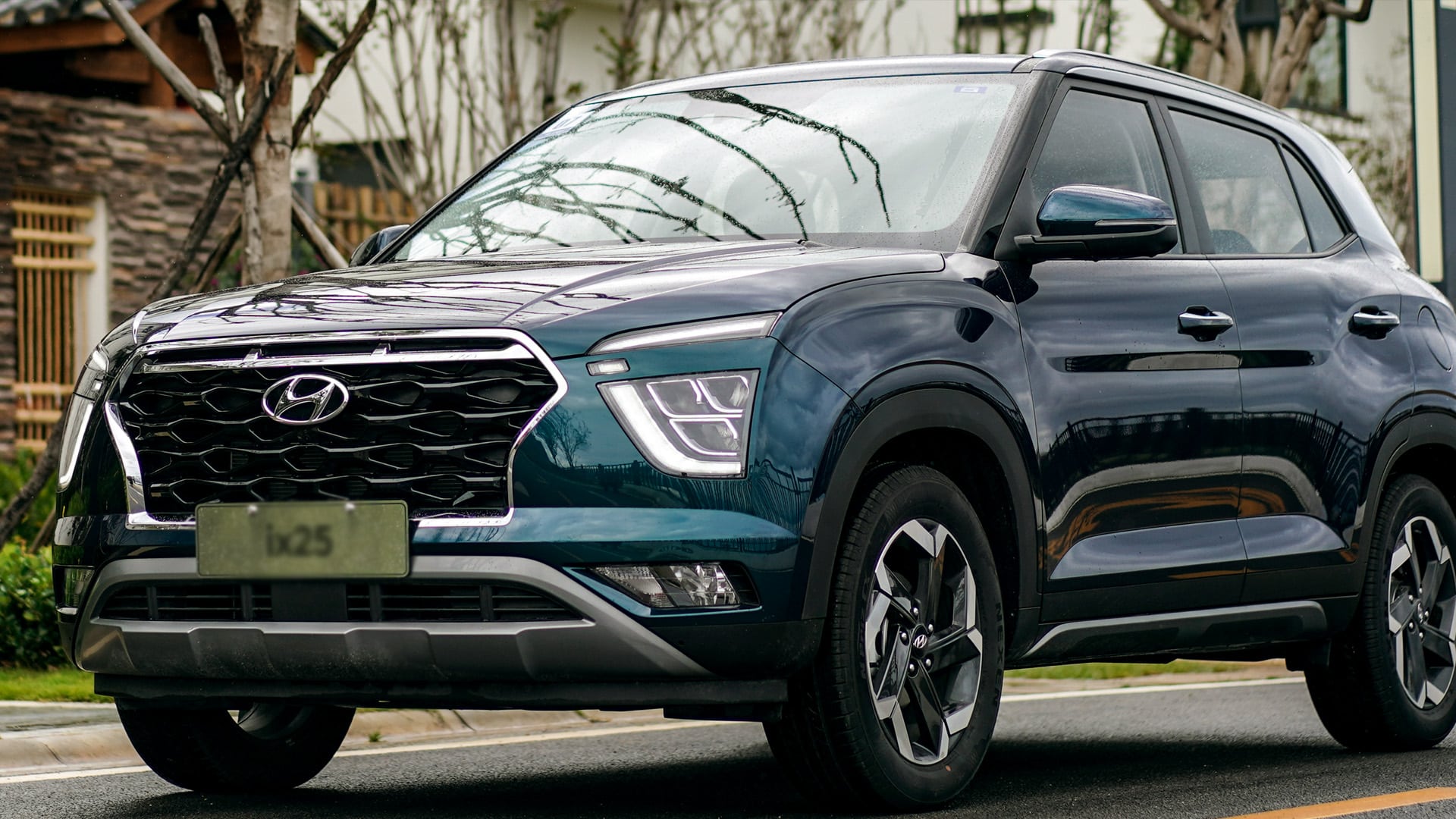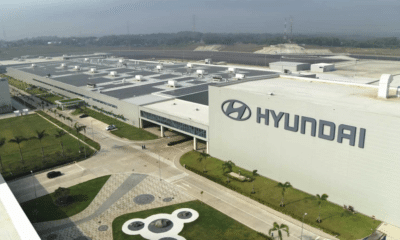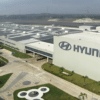Auto
Hyundai to focus on electrification, autonomous, connected technologies to fuel growth in India
Bullish on the long-term growth prospects of the Indian auto industry, South Korean auto major Hyundai aims to focus on various aspects like electrification, connected features and autonomous technology as part of its future product strategy in the country, as per a top company official. The automaker, which has completed 25 years in the Indian market with over USD 4 billion investment so far, also plans to enhance digitisation across its all business verticals and focus on mobility services like subscription, hailing and sharing verticals to fuel future growth in the country going ahead. As an OEM, we are preparing various steps for the market depending upon the market dynamics. We will continue to bring in advanced technologies and models in this market, Hyundai Motor India Ltd (HMIL) MD and CEO SS Kim told reporters in an interaction.
He noted that customer convenience remained at the centre of its business plans. Mobility services, electrification, connected features and autonomous technology will define our future direction in the country, Kim said. Elaborating on the company’s plans regarding the electric vehicle segment, he said it remained the automaker’s number one priority . As we are aware that electrification is one of the top priorities of the Indian government, so we strongly believe that it is our responsibility as well to move in that direction… We have proven technology in this vertical so we are reviewing technologies and products that would be best for the Indian customers, Kim noted. He noted that there has been no delay in the development process of the low-cost EV, which it plans to launch in the country in the next 2-3 years. When asked about the domestic sales scenario, Kim noted that it would take the industry 2-3 years to reach back to the pre-COVID volume levels. He said that uncertainties still prevailed in the market and therefore it was uncertain to predict the future. He noted that the company remained positive about the long-term growth prospects of the Indian auto industry. We are quite positive about Indian market because of low penetration of vehicles as compared with other countries. Besides the government is investing huge amounts on infrastructure development so we believe that in 2-3 years we could reach to the pre-COVID levels. We are cautiously optimistic, Kim said. He said that pent up demand for personal vehicles is still there in the market.
Also read: Volkswagen triples electric car sales ahead of climate rules
The pent up demand is still alive and we expect it to continue up to the first half of this year, Kim noted. When asked about the impact on the company due to the shortage of critical components like semiconductors, he said: It is not an OEM issue, it is an industry issue. I can say that we are closely collaborating with our vendors to come up with a solution and also maintain some consistency in terms of operations. Every Original Equipment Manufacturer (OEM) is impacted to some extent and HMIL is trying its best to control the situation, Kim noted. On adding additional capacity in the country, he said that the company’s current manufacturing capabilities were enough for 2-3 years to take care of the demand in the domestic as well as export markets. We are very carefully watching the market situation; we are very closely monitoring it. If we come to the conclusion that we should take some immediate steps we will do that,” Kim noted. With minor tweaks in the production lines, the capacity could be stretched to 8 lakh units from the 7.5 lakh units per annum currently at its Chennai-based manufacturing facilities, he said. Hyundai had launched its first model Santro, in the country in September 1998. The automaker remains the leading exporter of the passenger cars from the country. Powered by high selling models like Creta and Venue, the company recorded its highest ever market share last year in the domestic passenger vehicle segment.













































Pingback: India set to become hub for global telecom manufacturing through PLI scheme | The Plunge Daily